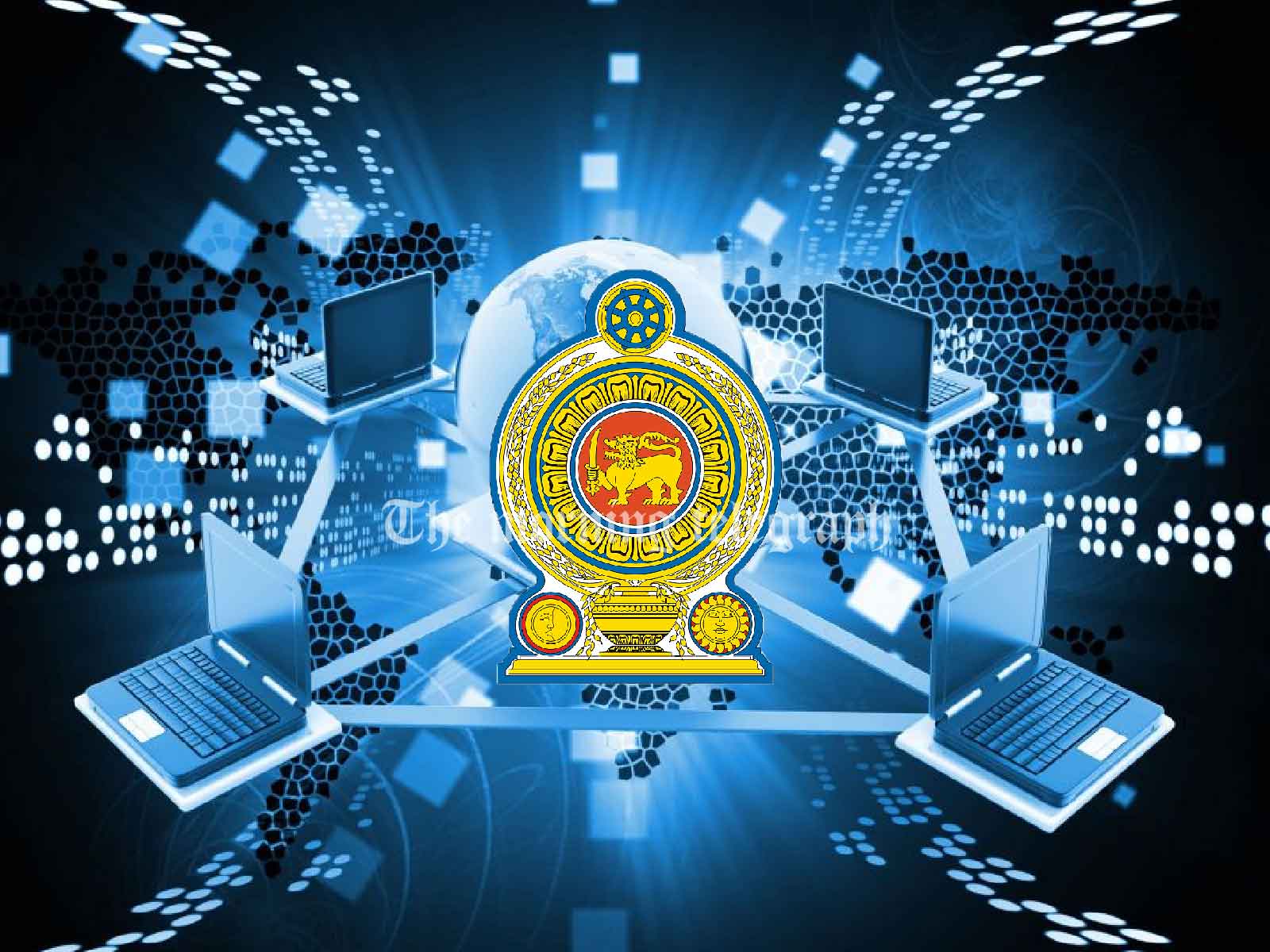
Colombo, Sri Lanka – In a move aimed at enhancing the efficiency and quality of public service, the Cabinet of Ministers has granted approval for the integration of information technology systems across public sector institutions. This significant decision was announced by the Department of Government Information (DGI) and is set to streamline operations within government departments, corporations, and statutory boards.
President Ranil Wickremesinghe, who also serves as Minister of Finance, Economic Stabilization, and National Policies, presented the proposal that addresses key issues in public sector IT management. The primary goals are to minimize data duplication, improve information verification, and foster a more effective and transparent public service.
The approved proposal includes several critical measures:
- Mandatory Use of National Identity Card (NIC) Numbers: All Sri Lankan citizens aged 15 and above will be required to use their NIC numbers for identification purposes across various public sector services.
- Mandatory Use of Passport Numbers for Foreigners: Foreign nationals interacting with government institutions will need to provide their passport numbers for identification.
- Mandatory Use of Business Registration and NIC Numbers: Business owners and board members will be required to use their business registration numbers and NIC numbers. Foreign board members must provide their passport numbers.
- Data Standardization: The initiative will standardize data formats, enabling the formal transfer of relevant data between government institutions.
This integration aims to address the inefficiencies caused by fragmented IT systems and improve the overall effectiveness of public services. By creating a unified and streamlined approach to data management, the government hopes to enhance the quality of service delivery and reduce administrative burdens.
The new measures are expected to be implemented in phases, with government agencies working towards achieving full integration and standardization of their IT systems in the near future.




